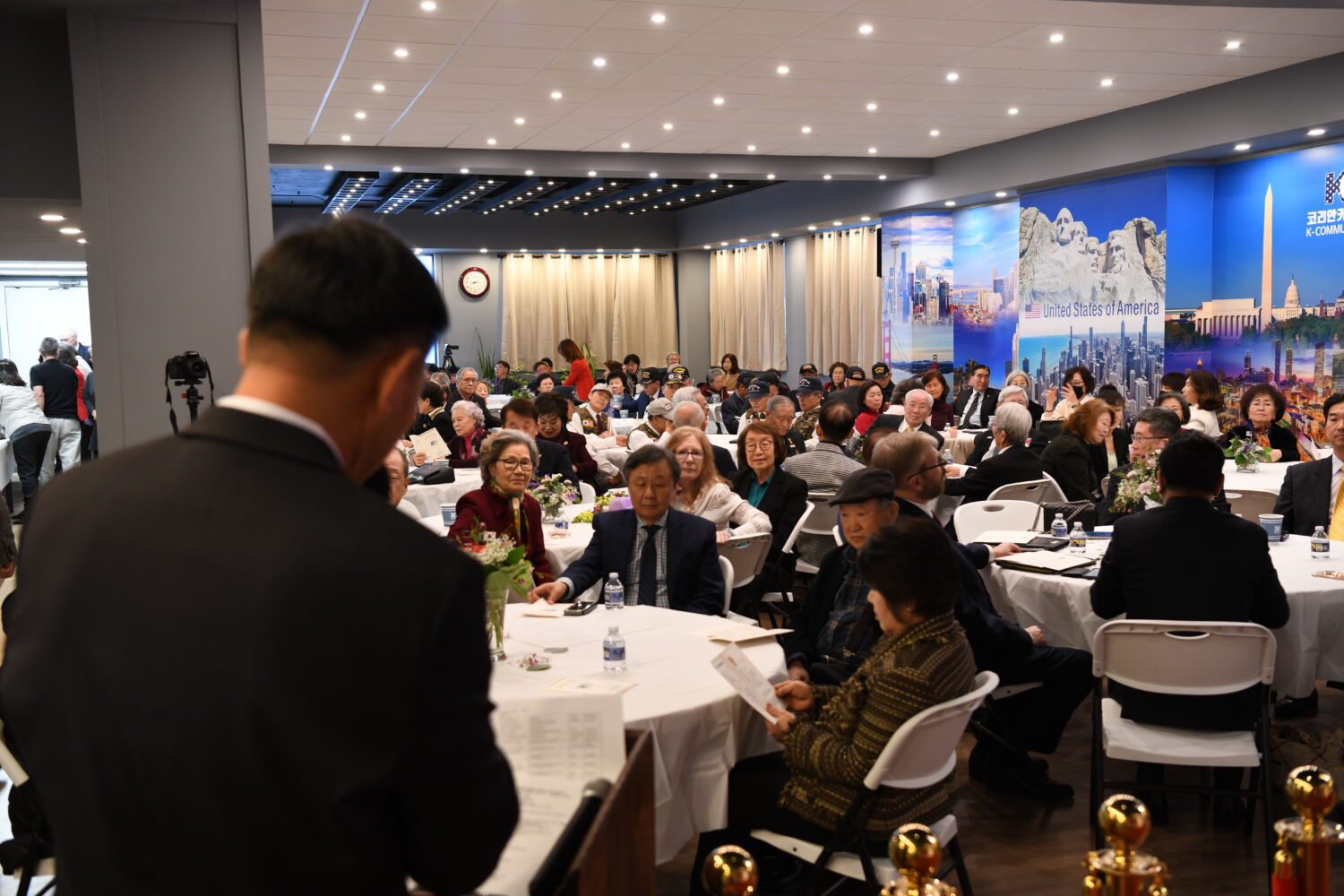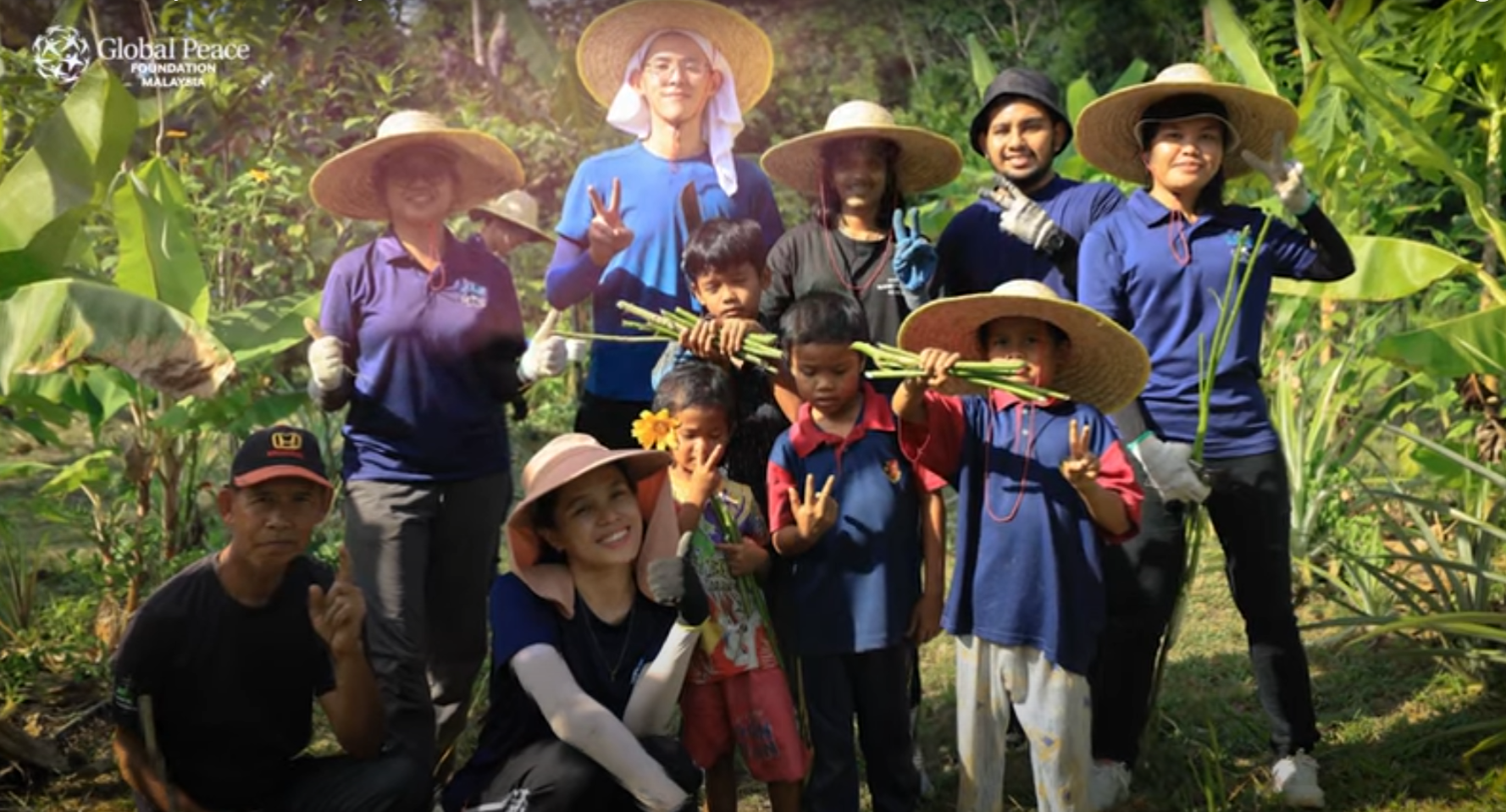Forging a New Frontier in Peacebuilding and Education
“It is imperative that youth are involved in shaping policies that affect them and are represented in decision-making processes,” said Ashley Law, Youth Specialist at the International Foundation for Electoral Systems (IFES), at a virtual forum, “Strengthening Youth Civic Engagement and Participation,” on March 25.
Panelists from the United States, Belgium, Kenya, and the Philippines explored opportunities and best practices for youth civic engagement and participation to advance political and social objectives. It was one of six panels convened during a two-day virtual forum, “Peacesharing: Forging a New Frontier in Peacebuilding and Education,” hosted by the Global Peace Foundation and Co-operation Ireland.
Ms. Law said the COVID 19 pandemic has presented a number of barriers for young people to engage in civic and political life. School closures are creating learning gaps, while social distancing, stay-at-home orders, and business closures limit how young people can gather with friends and families or participate in decision-making processes. Conversely, she said, young people are among the most digitally active and share their voices and discuss issues that affect them on social media.
She also shared highlights of IFES’s programs to broaden understanding of civic engagement through “Democracy Camps” in Kurdistan; promote peace and tolerance through Students Against Violence Everywhere (SAVE) program in Bangladesh; and empower young people to promote civic engagement through Strengthening Engagement through the Education for Democracy (SEED) program in Ukraine, Georgia, and Armenia.
Alexandra Chandran, Head of Partnerships at CitizenLab, said youth have been in the forefront of digital activism on a number of issues, yet often “lack tangible opportunities to shape policies and shape their communities. There needs to be more thought on how to involve young people in a structured and meaningful way so that they can impact decisions that will undoubtedly affect their lives for many years to come,” she said. “It is really important to create a space for deliberations, disagreements, and co-creation, so that decisions that are made are really based on people’s ideas, people’s thoughts and people’s opinions.”
CitizenLab’s digital democracy platform is used by local governments, national governments, and ministries to engage with communities to create an impact on a wide range of issues. CitizenLab recently launched INJUV, which enabled Millennials across Chile to voice their ideas on local community development; and Youth4Climate, which invited youth from Belgium and beyond to submit ideas to tackle climate change.
Panelists from Kenya and the Philippines described efforts to help young people understand their civil and political rights and to empower youth to develop their skills and knowledge to participate in political, economic, and social conversations and become agents of change in their communities.
Caroline Nyamu, Civic Engagement Manager of Uraia Trust in Kenya, described their vision to have an informed, empowered, and democratic Kenya by providing quality civic education. “Young people have a lot to offer,” she said. “They are today’s leaders and today’s changemakers, and they need to be in those spaces where changes are being made.” Ms. Nyamu shared highlights from Uraia Trust’s recent projects to engage young people in governance issues in urban and informal settlements.
Leonard Faustino, Director for Youth Development Program for the Global Peace Foundation, Philippines, identified four constructs of civic engagement for advancing the involvement of young people: civic action, civic duty, civic skills, and social cohesion.
“The collective power of youth voices should not be underestimated, Mr. Faustino said, “but they need to speak up, act and engage, to amplify their voices and actions to move the world from where it is to where it should be.”
GPF Philippines engaged 44,869 youth in 245 schools through its various projects including Global Peace Volunteers, Safe Spaces Campaign, and GlobalYouth4SDGS.
The panel was moderated by Nilufar Choudry, Senior Advisor for Partnerships and Development at the Global Peace Foundation.



